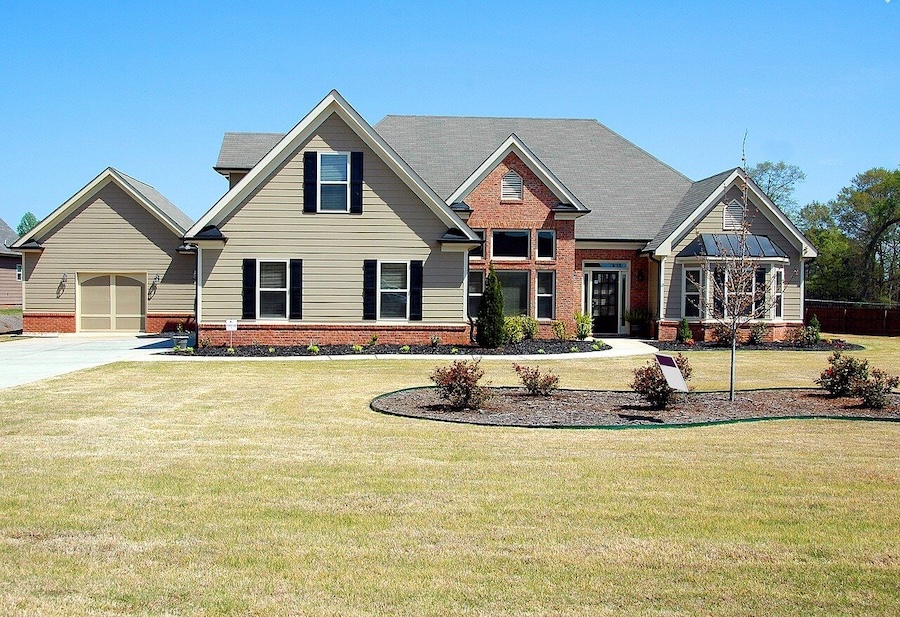The allure of a brand-new home is powerful: pristine finishes, modern layouts, and the promise of no immediate repairs. Many buyers of new construction homes might wonder if a home inspection is necessary. The answer, unequivocally, is yes. Investing in a new construction home inspection is a smart, proactive safeguard that protects your significant investment and guarantees your dream home is built to the highest standards, saving you stress and costly repairs.
Uncovering Hidden Flaws with a New Construction Home Inspection
One of the most compelling reasons for a new construction home inspection is to catch issues that are not immediately visible but could become significant problems. A professional inspector brings an unbiased, trained eye to critical systems hidden behind walls or beneath flooring. This includes checking the plumbing and electrical systems and verifying that the HVAC system is correctly sized and installed for optimal efficiency. Common oversights could range from minor issues like unsealed ductwork to more serious problems like improper flashing around windows.
Catching these during the construction phase or before closing is critical. Once you take possession, correcting these issues could be a headache dealing with the builder, or an expensive out-of-pocket repair. By identifying these flaws early, a new construction home inspection guarantees your home begins its life on a solid foundation.
Key Stages for Your New Construction Home Inspection
A truly comprehensive approach often involves multiple visits at critical junctures. The first ideal time for an inspection is during the “pre-drywall” or “framing” stage. At this point, the skeleton of your home is visible: the framing, electrical wiring, and plumbing lines are exposed before insulation and drywall cover them up. An inspector will verify proper structural components, ensure wires are not improperly stapled, and check for any leaks or errors in the plumbing rough-in. Correcting mistakes at this stage is significantly easier and less costly than after the walls are closed up.
A second, crucial inspection should occur upon “final completion,” just before your walk-through with the builder. This comprehensive check examines everything: the roof, exterior grading, foundation, all installed appliances, windows, doors, and the functionality of every system. This is your last chance to document any defects, cosmetic flaws, or incomplete items that the builder must address before closing. This final new construction inspection report provides the leverage you need to guarantee all deficiencies are corrected prior to you taking ownership.
The Importance of the 11-Month Warranty Inspection
Even after you’ve moved in and settled, the need for an inspection isn’t entirely over. Many builders offer a one-year warranty on their work, and capitalizing on the “11-month warranty inspection” is an incredibly smart financial move. This inspection takes place around 10 to 11 months after you close on your new home, just before the builder’s one-year warranty expires. By this time, you’ve lived in the home through at least one full cycle of seasons, and any seasonal stresses or usage-related issues will likely have surfaced. Minor settling may have caused cracks, seasonal changes might expose a subtle window leak, or an appliance might start showing signs of initial failure.
A professional inspector will re-examine the property, looking for defects that have developed or become apparent over the past year. Their report provides documented evidence of issues that are still covered under the builder’s warranty. This allows you to present a comprehensive list of repairs to the builder, ensuring they fix problems before it becomes your responsibility.
Building Confidence with an Inspection
Purchasing a new home is one of life’s biggest investments. While builders aim for quality, errors are an inevitable part of complex projects. A professional new construction home inspection at various stages of construction and before the warranty expires provides an invaluable layer of protection. It empowers you with objective information, saves you from potential repair nightmares, and guarantees that the significant financial and emotional investment you’ve made truly stands the test of time.
Frequently Asked Questions (FAQs)
Will the builder be upset if I get a new construction inspection?
Reputable builders understand and typically welcome a buyer’s decision to get an independent inspection.
What if the inspector finds problems? What happens next?
The inspector will provide a detailed report outlining all findings. You then present this report to your builder. For pre-drywall or final inspections, these issues become part of the punch list the builder must address before closing. For the 11-month inspection, it forms the basis of your warranty claim.
Do new homes come with a warranty?
Yes, most new homes come with a builder’s warranty, typically covering different aspects for different periods. The 11-month inspection specifically targets issues falling under the one-year workmanship and materials coverage.
Can I attend the new construction inspection?
Yes, it’s highly recommended to attend at least the final inspection with your inspector. This allows you to understand their findings firsthand, ask questions, and learn more about your new home’s systems.
Delta Home Inspection provides new construction home inspections in Mobile and Baldwin Counties in Alabama. Contact us to schedule our services.
